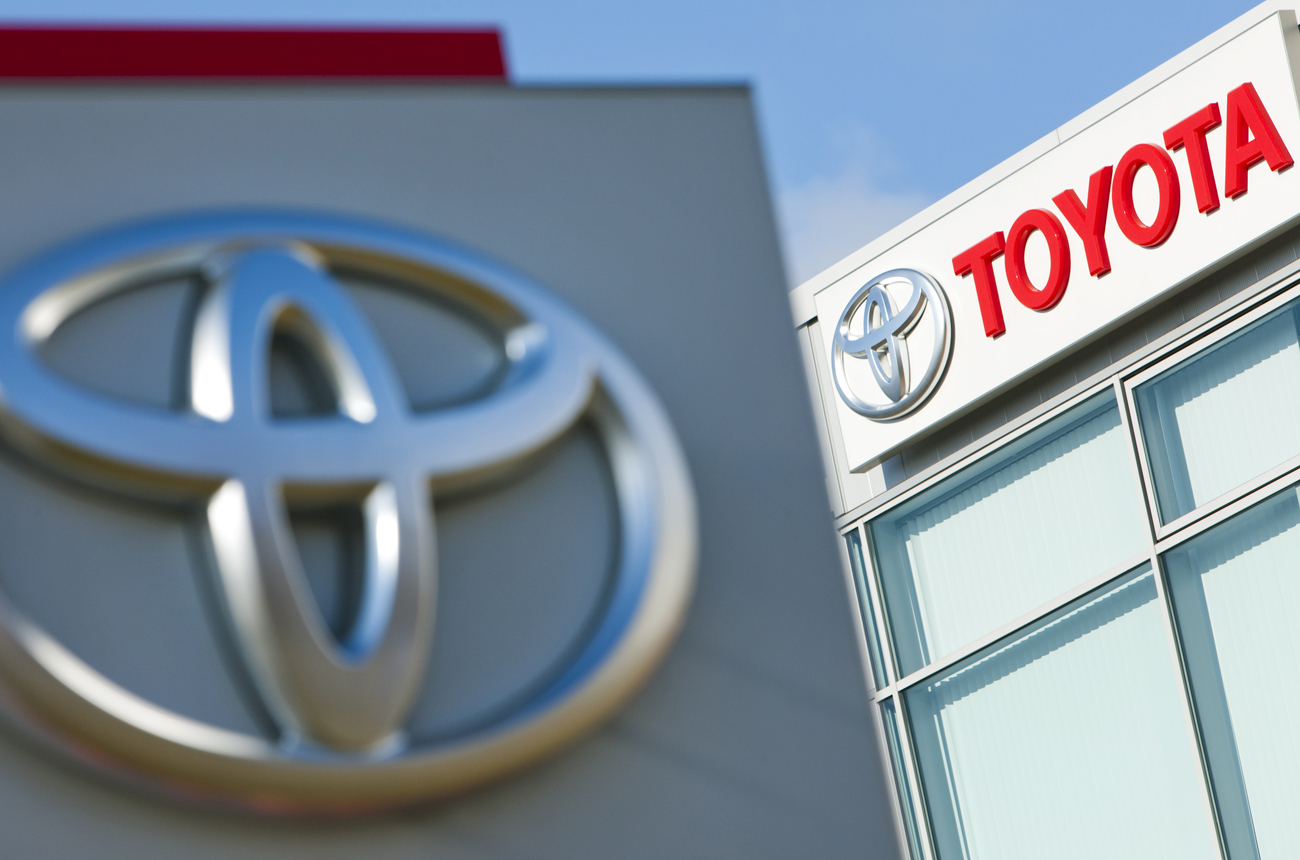If you’ve spent the last 30 days in a post-holiday trauma ward, you could be forgiven for missing the daily inflow of bad news from Toyota’s markets worldwide: it was forced to recall more than 2.3 million vehicles over faults in the braking system, with the number of problems multiplying and the number of recalled cars growing daily.
Car recalls are nothing new or unusual. From 1960 Cadillacs to 1996 Fords, and all the way to the latest recall of 646,000 Honda Jazz Sub-compacts, recalls are almost a normal part of business - as normal as bribed politicians. But the way companies handle the process of owning up to a problem and then fixing it, distinguish the clever ones from the not-so-clever ones.
Before the latest crises, Toyota itself shone in its only brush with infamy. Shortly after launching the Lexus LS 400 in 1989, two customers complained about some defective wiring and a brake light that was overheating. Toyota immediately recalled all 8,000 cars sold until then and conducted an all-out operation to fix the problem in each and every one of them. What could have been a major PR disaster ended up enhancing Lexus and Toyota brands. Ever since, customers worldwide consistently voted them the most reliable brands in the world.
One might be forgiven for assuming Toyota would have handled this latest storm with its customary efficiency and reliability. While its executives did wake up to the size and intensity of the problem a little late, the latest wave turned into tsunamis after the previously unknown problems reached the global media.
In an article entitled, “Toyota has pattern of slow response on safety issues”, The New York Times listed some of them:
- Toyota learned about sticky gas pedals as early as December 2008, yet it only recalled vehicles 14 months later.
- Similarly, in 1996 it discovered that the steering mechanism on the Hilux Surf (called 4Runner in the US, essentially a precursor of today’s Fortuner) could fracture. As of that moment, Toyota started installing a stronger version on post ’96 models, but it only started fixing the pre-1996 models eight years later when people started dying because of the fault.
What is particularly striking is that most of the problems listed were of a serious nature and could have ended in many more deaths. Here in South Africa the news about the faulty steering column on the Auris model was revealed on 702’s A Word on Cars programme. The catch was, Toyota’s engineers already knew about the problem, but had done nothing to fix it.
Currently, the US Congress is itching for a highly publicised fight with Toyota execs, while authorities around the world are formulating their own responses. Some of its competitors in the US are revelling in their schadenfreude moment, with Ford and Chrysler offering Toyota owners financial incentives to switch brands. Perhaps it is safe to say that the next couple of months will be nightmarish in every possible way for the Japanese über-corporation.
But will the Toyota brand recover from this ordeal? It probably will, but it will take time and effort. It is also doubtful Toyota will be seen as the safest bet available anytime soon. But still, the US Congress inquiry and the worldwide outrage will soon be replaced by another Tiger Woods-type affair or Sarah Palin’s grandchild and the sticky brakes’ story will be relegated to second or third screen.
But knowing that Toyota knew all along that their cars were not safe will be difficult to forget.
By Branko Brkic
Read more (from 10 February 2010): Toyota starts SA recall; 52,546 cars to get accelerator fix, and, Toyota South Africa knew of steering problem in 2008, said nothing
Also, earlier coverage from: The New York Times here, here and here, Daily Telegraph, Washington Post
Photo: Reuters
Watch: CNN on Toyota recalls:





